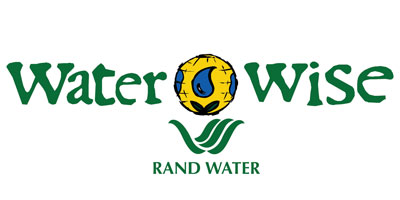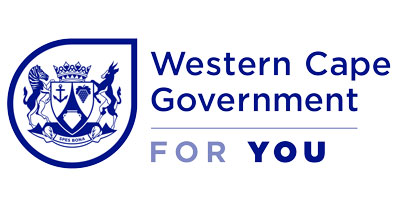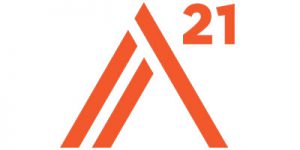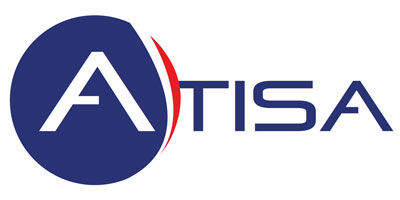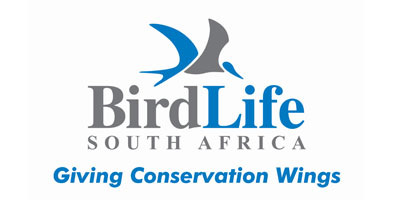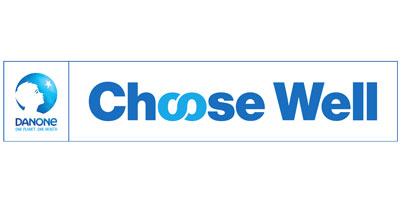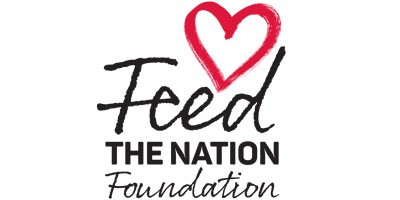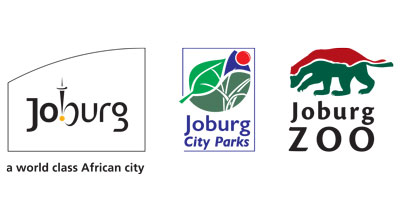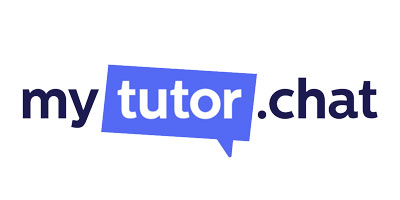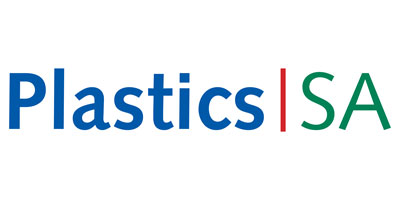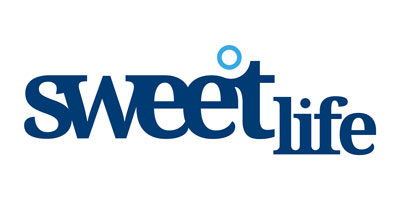This year, more than ever, the importance of our emergency service providers has been showcased. On National Emergency Medical Services Day, we pause and acknowledge that we have much to be proud of, as South Africans, when considering the devotion, bravery and selflessness of our frontline health workers.
Paramedics have taken on many additional responsibilities since the outbreak of Covid-19. Their exposure to high risk patients means they have to be extremely vigilant about wearing protective gear and ensuring that patients are wearing masks. Social distancing can only be practiced in a limited fashion when working closely with patients’ bodies which is another challenge. EMS vehicles also need to be sanitised before and after every shift increasing response time and handing over Covid-19 patients can be complicated due to the extra strain on hospital staff and shortage of beds at some facilities. Medical staff are dealing with frequent changes in schedules and constantly changing information. At the same time, they must manage to contain their own anxiety in order to provide reassurance and calm, confident care for patients.
Many allied health care providers have stepped up to ease the pressure experienced by frontline health workers such as medical students, general practitioners, specialists in other fields, counsellors and palliative care workers.
The way teams have pulled together across platforms and organisations has been exemplary, according to the UCT Emergency Medicine team. They describe how effectively architects, builders, contractors, technical staff and healthcare workers were all brought together in establishing emergency hospitals. The know-how that has been gained in setting up intermediary hospitals will hopefully help the national health system in the future when our hospitals are taking strain.
The South African Depression and Anxiety group (SADAG) has expressed that one of the magical things about Covid-19 is how over 500 doctors, social workers and counsellors have volunteered to help their colleagues via a care network that offers support and assistance through a 24-hour helpline, an SMS line and a website. More about this can be found at https://www.healthcareworkerscarenetwork.org.za/.
Workplace leaders have needed to utilise strength, skill and resources in supporting their staff on the frontline. This is achieved through good communication, provision of personal protective equipment and education on preventing transmission of the virus. They have also needed to minimise stress and encourage healthcare workers to care for themselves, as they care for others, so that they can maintain their efforts and not be exhausted.
Across the country, service providers have gone the extra mile. For example, physiotherapists at Tygerberg Hospital recently described how they are using their hands, whatever the scenario, to apply the skill or ability they have been given. This means offering much more than just physical care, but also comfort, peace, dignity and courage. Their actions go above and beyond physiotherapy techniques and also help to relieve the physical and emotional demands on nurses. When they enter a patient’s space they are seen as help in time of need and the needs are many and various. Sometimes a patient simply needs a glass of water or a hand to hold. They also remind us that without the support of loved ones at home they would not be able to serve in the way they do.
Part of the purpose of the National Emergency Medical Services Day is to spread awareness about how and when to call for emergency medical help in life-threatening situations. Specifically, in terms of Covid-19, this would be if someone is experiencing shortness of breath, stabbing chest pain, decreased mental alertness, or confusion. In other instances, call an ambulance if someone appears to be having a stroke or heart attack, has uncontrollable bleeding, a severe allergic reaction or severe burns or has ingested something poisonous or has overdosed on medication or drugs. Using a cell phone, the easiest way to do this is to call the national emergency helpline on 112 and you will be routed to the service closest to you. This is possible even if you do not have airtime. For a more direct response when requiring an ambulance, call 10177. The following information will be asked of you – the nature and location of the emergency, details about injuries and your personal details.
References
ER24. (2020). South Africa: When to Call an Ambulance for COVID-19. allAfrica.com. Retrieved 6 October 2020, from https://allafrica.com/stories/202007201048.html.
Haw, P. (2020). Lessons in collaboration for COVID-19 healthcare workers. News.uct.ac.za. Retrieved 6 October 2020, from https://www.news.uct.ac.za/article/-2020-08-11-lessons-in-collaboration-for-covid-19-healthcare-workers.
Independent Online. (2020). How three Tygerberg hospital health workers ’rise above the horror of human suffering’. Iol.co.za. Retrieved 6 October 2020, from https://www.iol.co.za/news/south-africa/western-cape/how-three-tygerberg-hospital-health-workers-rise-above-the-horror-of-human-suffering-4221f788-e1b6-4ec0-a7a1-dd23cfb44fca.
Javan, M. (2020). IN-DEPTH: On the streets with paramedics amid COVID-19 and high crime rates • Spotlight. Spotlight. Retrieved 6 October 2020, from https://www.spotlightnsp.co.za/2020/08/11/in-depth-on-the-streets-with-paramedics-amid-covid-19-and-high-crime-rates/.
Miric, A. (2020). Covid-19 and Frontline Workers. The Mail & Guardian. Retrieved 6 October 2020, from https://mg.co.za/special-reports/2020-05-23-covid-19-and-frontline-workers/.
Image credit: Paul Brennan








